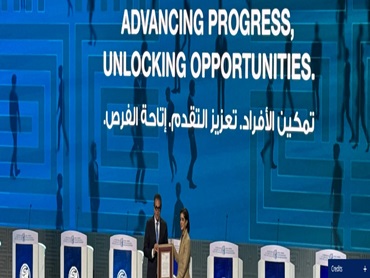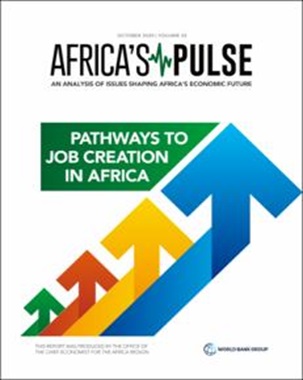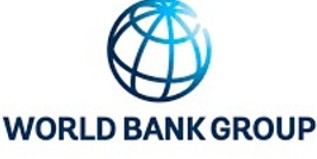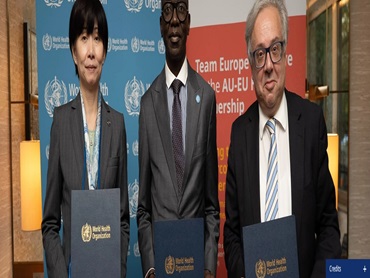Egypt becomes the seventh country in the Eastern Mediterranean Region to eliminate trachoma as a public health problem
Stories & Blogs WHO (News )The World Health Organization (WHO) today announced that Egypt has successfully eliminated trachoma as a public health problem.
Commodity Prices to Hit Six-Year Low in 2026 as Oil Glut Expands
Stories & Blogs World Bank (Press Release )Global commodity prices are projected to fall to their lowest level in six years in 2026
WHO and the European Union launch collaboration to advance digitized health systems in sub-Saharan Africa.
Stories & Blogs WHO (News )The World Health Organization (WHO) and the European Union (EU) announced today a new agreement to support the digital transformation of health systems and wider adoption of WHO’s Global Digital Health Certification Network (GDHCN) in sub-Saharan Africa.
Republic of Congo reinforces measures to curb potential Ebola outbreak.
Stories & Blogs WHO (News )The Republic of Congo has stepped up measures to rapidly detect and respond to potential Ebola outbreak as neighbouring Democratic Republic of the Congo faces a new outbreak of the virus in Kasai Province in the central region of the country.
Why economic inequality matters for development
Stories & Blogs World Bank (World Bank Blog )Decreasing high levels of inequality can spur economic development, strengthen human capital, and speed up poverty reduction.
From water to electricity: The rural-urban infrastructure gap in seven charts.
Stories & Blogs World Bank (Blog )In Sub-Saharan Africa and South Asia, rural areas still house the majority of the population.
People-centered AI in education: Five lessons from the Global South.
Stories & Blogs World Bank (Blog )In just six weeks, secondary school students in Edo, Nigeria participating in an after-school program combining AI tutoring with teacher guidance, achieved learning gains of 0.31 standard deviations, equivalent to roughly 1.5–2 years of typical schooling.
WHO releases new reports and estimates highlighting urgent gaps in mental health.
Stories & Blogs WHO (News )WHO today releases two major reports — the Mental Health Atlas 2024 and the World Mental Health Today — alongside updated suicide estimates, presenting the most comprehensive evidence yet on the urgent need to strengthen mental health services and prevent













